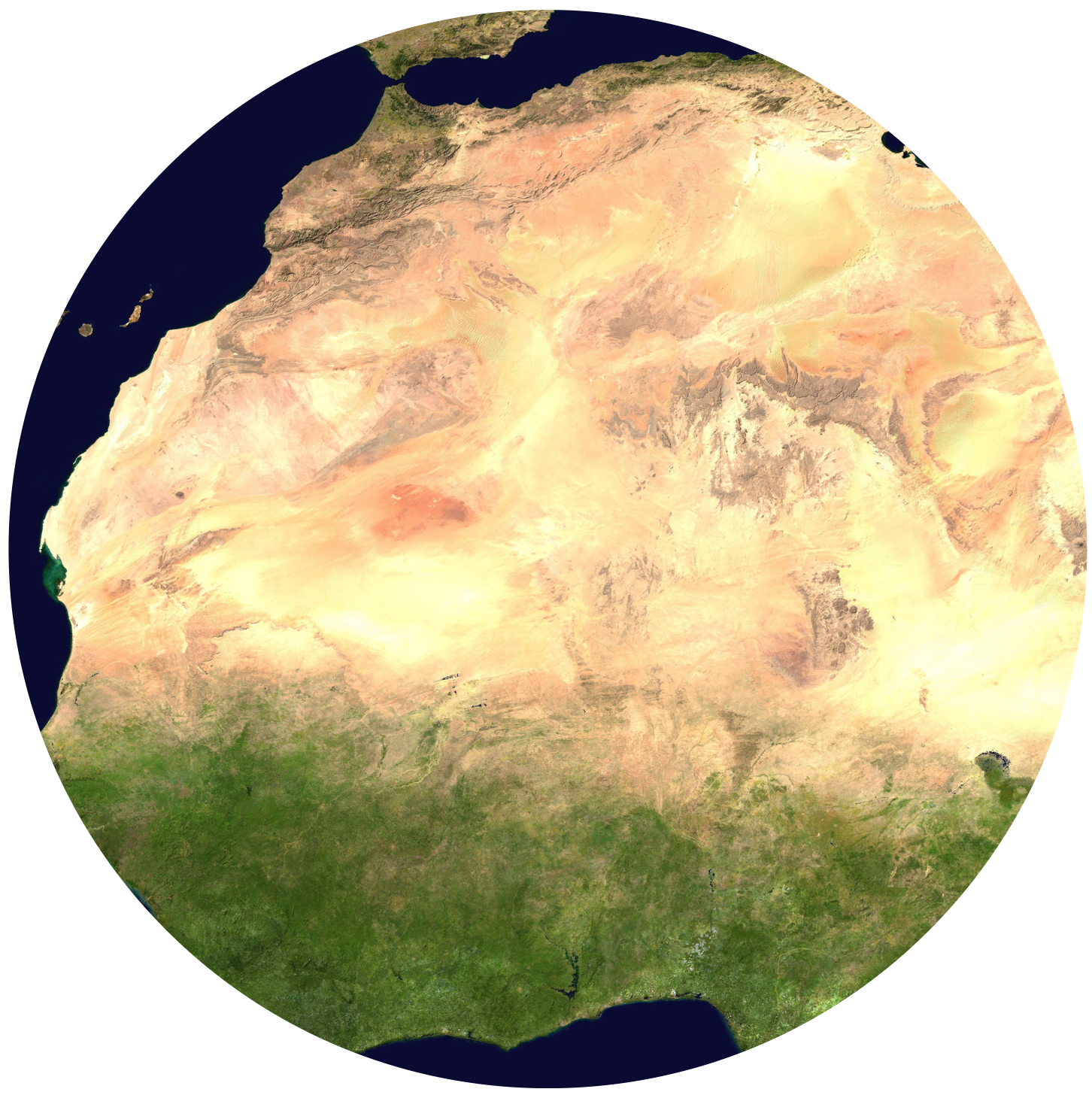Algeria
Bouteflika is potentially stepping down from Presidency on April, 28, which corresponds to the end of his fourth mandate (ALG 24)[1]. In a new open letter to the Algerian people, he promised the planned national conference, which has no fixed date yet, will insure Algerians could vote for a new Constitution that meets their aspirations, by popular referendum (ALG 24)[2].
Meanwhile, the National Liberation Front (FLN), the governing party, is backing the streets’ demands for change while supporting the President’s call to overcome the current political paralysis (France 24)[3].
However, the National Democratic Rally (RND), a component of the government alliance and core support of Bouteflika, has lost nearly 2000 activists as a protest of Ahmed Ouyhia’s direction of the party, Algeria’s current prime minister (Algérie Monde Infos)[4]. The party recently denounced Bouteflika’s decision to run for a fifth term as a huge mistake (Algérie Part)[5].
Egypt
Egypt is tightening its restrictions on media and social networks in compliance with national security requirements (Egypt News)[6]. This comes a few days after the government contested the annual Human Rights Report by the U.S. State Department (Egyptian Streets)[7].
Meanwhile, the House of Representatives has started the social dialogue on the proposed amendments to the 2014 constitution (Egypt Independent)[8].
Eleven members of a Muslim Brotherhood affiliated group, Hassam, were referred to the State Security Criminal Court for the attempted murder of Alexandria’s security chief (Egypt Independent)[9].
President Sissi and the African Union Commission met to discuss solutions to African crises (Egypt Independent)[10].
Libya
Libya’s National Conference is scheduled for April 14 - 16 in Ghadames as an attempt to a resolve the country’s political crisis (The Libya Observer)[11]. Head of the UN Support Mission in Libya, Ghassen Salame’s latest brief to the UN Security Council said Haftar’s Libyan National Army (LNA) was perceived as a positive stabilizing force in the south yet warned against mobilizing further north, which could cause conflict. Salame also insisted on the need for stronger economic reforms and the importance of the upcoming National Conference (Libya Herald)[12]. Libya’s top religious cleric Shaikh Sadiq Al-Gharyan already warned Libyans not to participate in the UN-backed National Conference until they are aware of its agenda and the names of the attendees (Libya Observer)[13].
The head of the committee for amending the political agreement in the High Council of State (HCS) stated a referendum on the draft constitution this year seems farfetched, especially considering the appeals filed against the referendum law (Libya Observer)[14].
US acting-ambassador to Libya Peter Bodde and AFRICOM Commander General Tom Waldhauser made an official visit to Faiez Serraj on March 19th. Bodde reported the U.S. is pledging an additional $500,000 USD to the $30 million USD in support of the Government of National Accord (Libya Herald)[15].
The migration crisis continues in the region. A child died, and 30 people went missing when a migrant boat sank off the Libyan coast on the 19th March (Libya Express)[16].
Mauritania
Originally scheduled for January 2019, the Association Agreement between Mauritania and the Economic Community of West African States (ECOWAS) will soon come into effect (CRIDEM)[17].
Regarding the presidential elections, Sidi Mohamed O. Boubacar is officially a candidate (Sahara Medias)[18]. Former Prime Minister Sid'Ahmed Ould Boubacar is also running for presidency, which could imperil the power transfer imagined by current President Aziz to the benefit of his chief of staff (CRIDEM)[19].
Mauritania is also hosting the sixth international congress against extremist currents and hate speech in the Islamic world (Sahara Medias)[20]. Meanwhile, an Amnesty International delegation was prevented from entering the country, on the pretext that there was no prior concertation with local authorities (MauriWeb)[21].
Morocco
A Moroccan delegation will travel to Geneva to participate in a second "round table" devoted to the Sahara issue, alongside Algeria, the "Polisario" and Mauritania (2M)[22]. Internally, the Minister Delegate for Public Administration and Civil Service Reform outlined the steps that shall be taken to implement the government's commitment to the revision of the public service’s status (2M)[23].
Regarding Morocco’s external relations, Morocco met with Hungary to discuss new ways to strengthen bilateral relations, including parliamentary cooperation and prospects of a Morocco-Hungary-Africa cooperation (Article 19)[24]. Spain’s Minister of Interiors welcomes Morocco's efforts to combat migrant smuggling networks (Le360)[25]. Meanwhile, Morocco refused to comment on Algerian protests, reiterating its commitment towards the principle of non-interference (Morocco World News)[26].
Tunisia
The Tunisian president Beji Caid Essebsi (BCE) expressed his desire to amend the constitution as to dilute the head of state’s power (Reuters)[27]. The vice chairman of Ennahda, the main Islamic political actor in the country, is opposing this initiative (Tunisie Numérique)[28].
In a recent declaration, Amnesty International estimated that Tunisia’s repressive draft state of emergency bill, currently under discussion in the parliament, is a menace to human rights (Amnesty International)[29].
The Head of Government announced a range of social and economic measures in favor of people with special needs and low income (Direct Info)[30]. The country also celebrated its 63rd independence anniversary on March 21st. On this occasion, the president pardoned 1559 detainees (Direct Info)[31].
In the prospective of forthcoming elections, a new political party, "L'Alliance pour la Tunisie", has been announced, making it the 216th political formation of the country (Direct Info)[32].

